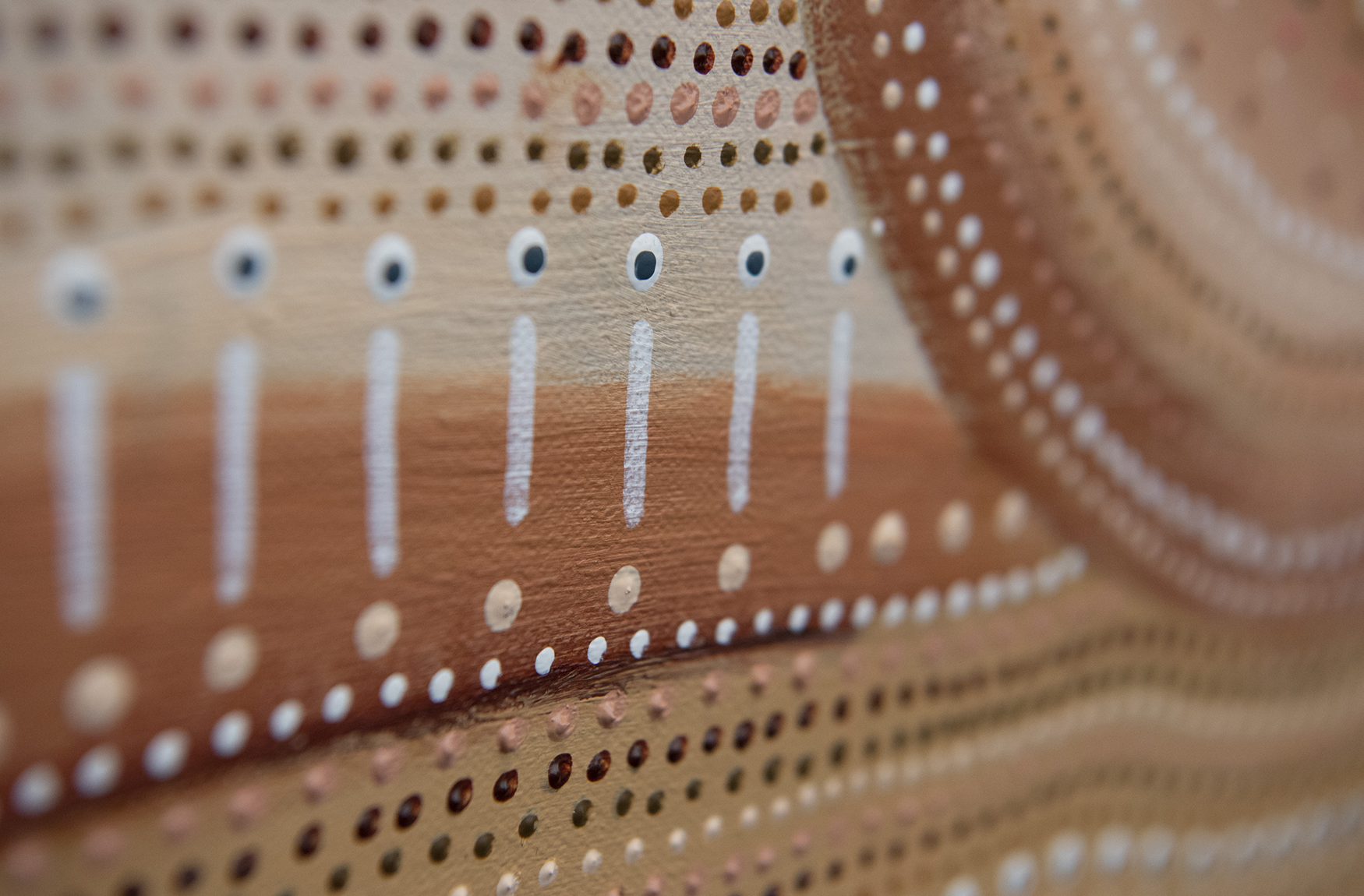Local government Aboriginal Cultural Capability Toolkit

Outcomes
This project will develop a toolkit to give guidance to local councils on cultural awareness and reconciliation. .
It will contain useful, hands-on advice customised for working with Aboriginal communities and organisations in a respectful and culturally sensitive way.
The Local Government Aboriginal Cultural Capability toolkit will include:
- best-practice guidelines to ensure councils can engage appropriately
- case studies to show how councils across Australia have developed their Aboriginal cultural capability
- resource sheets which cover council service areas including community services, employment, environment, heritage, tourism, cultural practices (including dual naming), procurement, as well as planning and housing.
The toolkit will boost the cultural knowledge of council managers and staff to create spaces which are welcoming and safe for Aboriginal people.
The toolkit will be delivered both as a hard copy booklet and with information available online.
Background and purpose
Building strong connections with Aboriginal communities and organisations is seen as a priority across local government.
Local councils have already made significant strides in this area and have committed to the development of Reconciliation Action Plans to support this engagement.
The toolkit will support local councils in this engagement by serving as a central resource hub to assist in this process.
The toolkit will be informed by:
- review of current practice in the local government sector across Australia
- systematic review of literature on cultural capability
- review of case studies
- consultation with local government stakeholders
- consultation with Aboriginal stakeholders and local Government Advisory Committees.
This project plans to build upon the existing reconciliation initiatives in South Australia to position councils as leaders in cultural capability.
It should serve as a model for other states looking to enhance their own cultural capability in working with Aboriginal communities.
Who is this for?
This toolkit is for both metropolitan and regional councils in South Australia, to work in culturally inclusive initiatives including Reconciliation Actions Plans.
How the project is being delivered
This project is being led by Flinders University, with involvement of the City of Mitcham and City of Holdfast Bay as part of the project reference group. It will be delivered in a series of distinct phases.
1. Planning and literature review
Key stakeholders will be identified and research undertaken on existing culture capability frameworks in government. This step will include ethical clearance and assembling of a project reference group.
2. Consultation and data collection
Consultation with local councils will commence in this phase, alongside Aboriginal community leaders, and local organisations. The goal is to determine the resources needed to support councils building cultural awareness and engaging with Aboriginal communities.
3. Develop toolkit content
The toolkit will be created, including resource sheets, case studies and best practice guidelines for engagement with Aboriginal communities and organisations. It will synthesise the knowledge gained in the initial two phases, organise it by area, and present it in a user-friendly format.
4. Stakeholder feedback and toolkit finalisation
Once the toolkit is ready, it will go out for stakeholder feedback and adjustment before the final design stage.
5. Post-completion evaluation
After the toolkit is launched, its success will be measured through surveys of local government stakeholders to determine its benefits, challenges and gaps.
Progress Report 1 March 2024
The first three phases of the project are now in progress, with the following steps taken:
- a literature review of cultural capability practices has been undertaken
- a collation of best practice cases underway
- commenced a scoping review of current Aboriginal cultural capability practices in all local councils in South Australia
- have administered Qualtrics survey to all councils in South Australia to gather responses regarding Aboriginal cultural capability practices - based on original data collection - Qualtrics survey - to close end-March
- have begun drafting a toolkit website and brochure
- confirmed Indigenous artists, Ngadli Artists, to provide artwork for the toolkit
- applied to Kaurna Warra Karpannthi (KWK) for permission to use a Kaurna language name for the toolkit - and have received permission to use the name: 'Ngutungka – Place of Knowledge'
- confirmed website model and design to commence once draft toolkit content is complete
- set up an Advisory Group with key councils
- contacted Reconciliation SA, informed regarding the toolkit and scheduled to meet.
Project snapshot
Key dates
- PHASE ONE: Review of literature, best practice and case studies - in progress 01 Mar 2024
- PHASE TWO: Consultation with local government and Aboriginal stakeholders - in progress 31 Mar 2024
- PHASE THREE: Design and delivery of initial toolkit content provided to stakeholders for feedback - in progress 30 Jun 2024
- PHASE FOUR: Toolkit revisions and finalisation 01 Dec 2024
- PHASE FIVE: Post-completion evaluations at 6-months, 12-months and 24-months after delivery - including an evaluation report 01 Dec 2026
Find out more
For more information, please contact: mathilde.thorsen@lga.sa.gov.au
